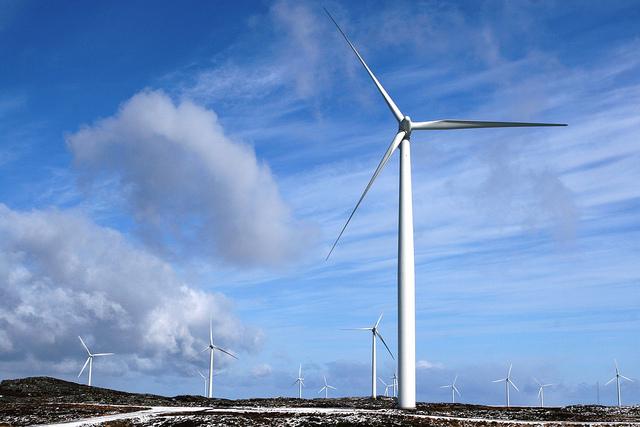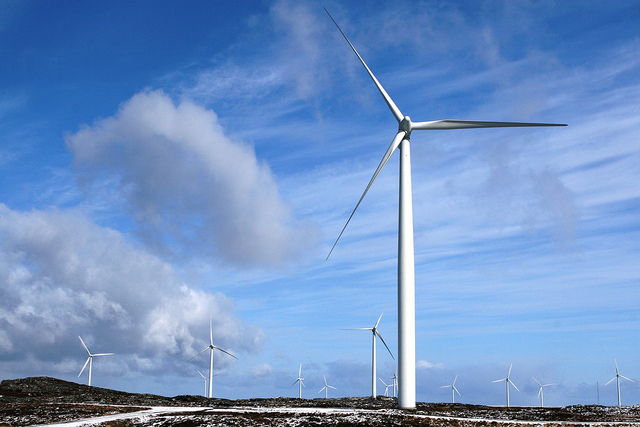According to the latest report from the European Environment Agency (EEA), the uptake of renewables within the EU region since 2005 has significantly contributed to a remarkable reduction in greenhouse gas emissions and fossil fuel consumption by about 10 per cent in 2015.
The report further states that Italy, Germany and United Kingdom recorded the biggest reductions in carbon emissions and reliance on fossil fuel by switching to clean and renewable energy sources.
When compared with the gross final renewable consumption levels for 2005, in 2015 alone, the EU cut its overall GHG emissions by an equivalent 436 Mt CO2, reduced its fossil fuels demand by 130 million tonnes of oil equivalent (Mtoe) and also slashed its primary energy usage by 36 Mtoe.
Various member states within EU use renewables differently, ranging from above 30 per cent of gross total energy consumption in Sweden, Finland and Latvia; to five per cent or even below in Malta and Luxembourg regions.
In 2015, coal was actually the most substituted source of fuel within Europe and accounted for about 50 per cent of the avoided fossil fuels. Natural gas followed at a distance with 28 per cent. Renewable energy represented 77 per cent of all new generating capacity in EU for the eighth year in a row.
EU clean energy industry still records wind, solar panels and solid biomass as their biggest employers.
In 2015, 16.7 per cent of renewable energy was used across the EU, and EEA report attributes its achievement of interim targets for the same year to adoption of more clean energy resources and this sets EU on course towards attaining its 20 per cent target by 2020.
Further the report indicates that in 2030, the EU and all its member states must step up their climate and clean energy efforts. Some of the major impediments to the achieving the set targets include formulating sufficient target-driven policies, enhancing innovation capabilities and choosing on a most ideal EU monitoring system.
“.. the EU and its Member States must find solutions to focus and coordinate their efforts and to learn from each other, in order to remain leaders in low-carbon energy transitions.”
The European Environment Agency is an agency of the European Union founded in 1993.
The complete report ‘Renewable energy in Europe 2017–recent growth and knock-on effects,’ can be viewed here (PDF).



